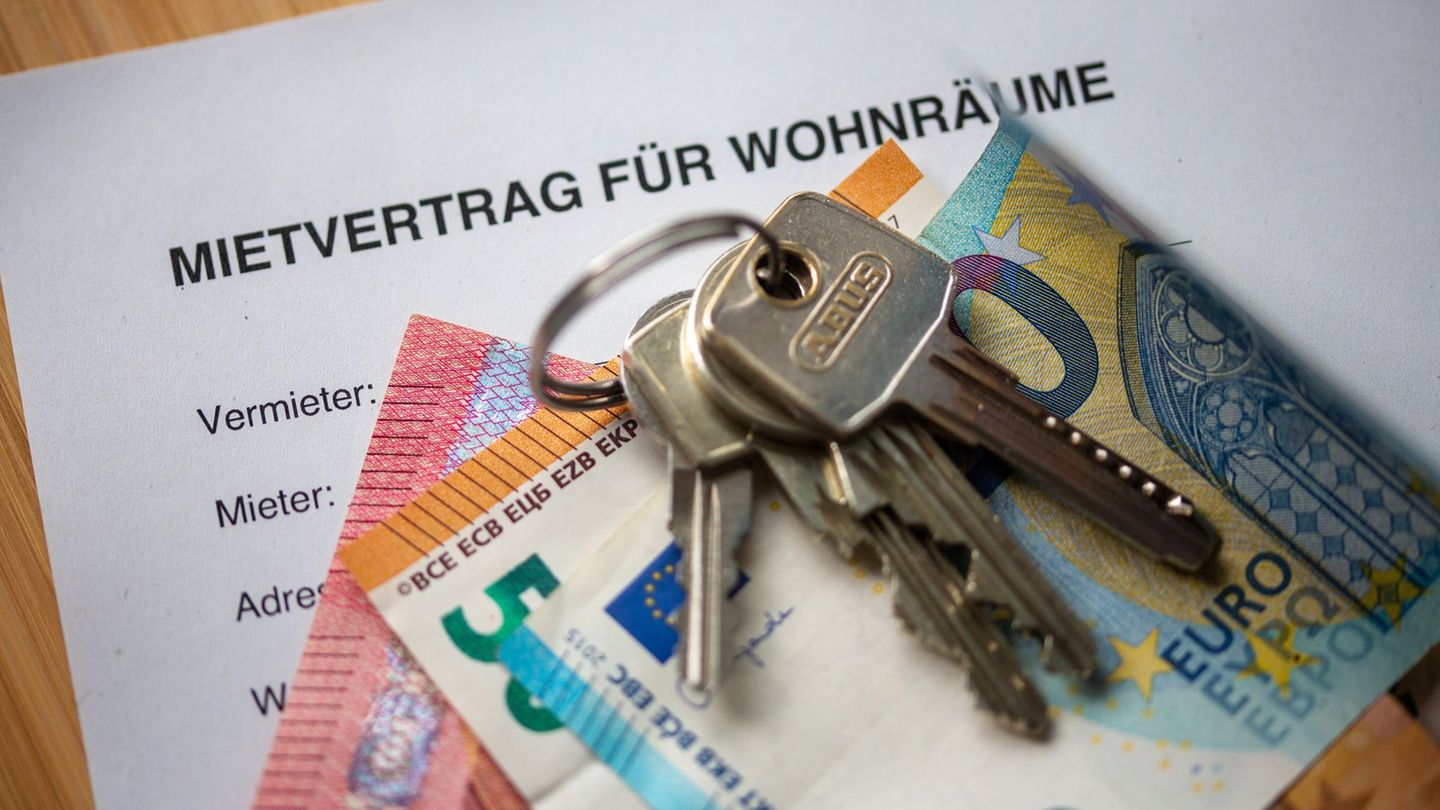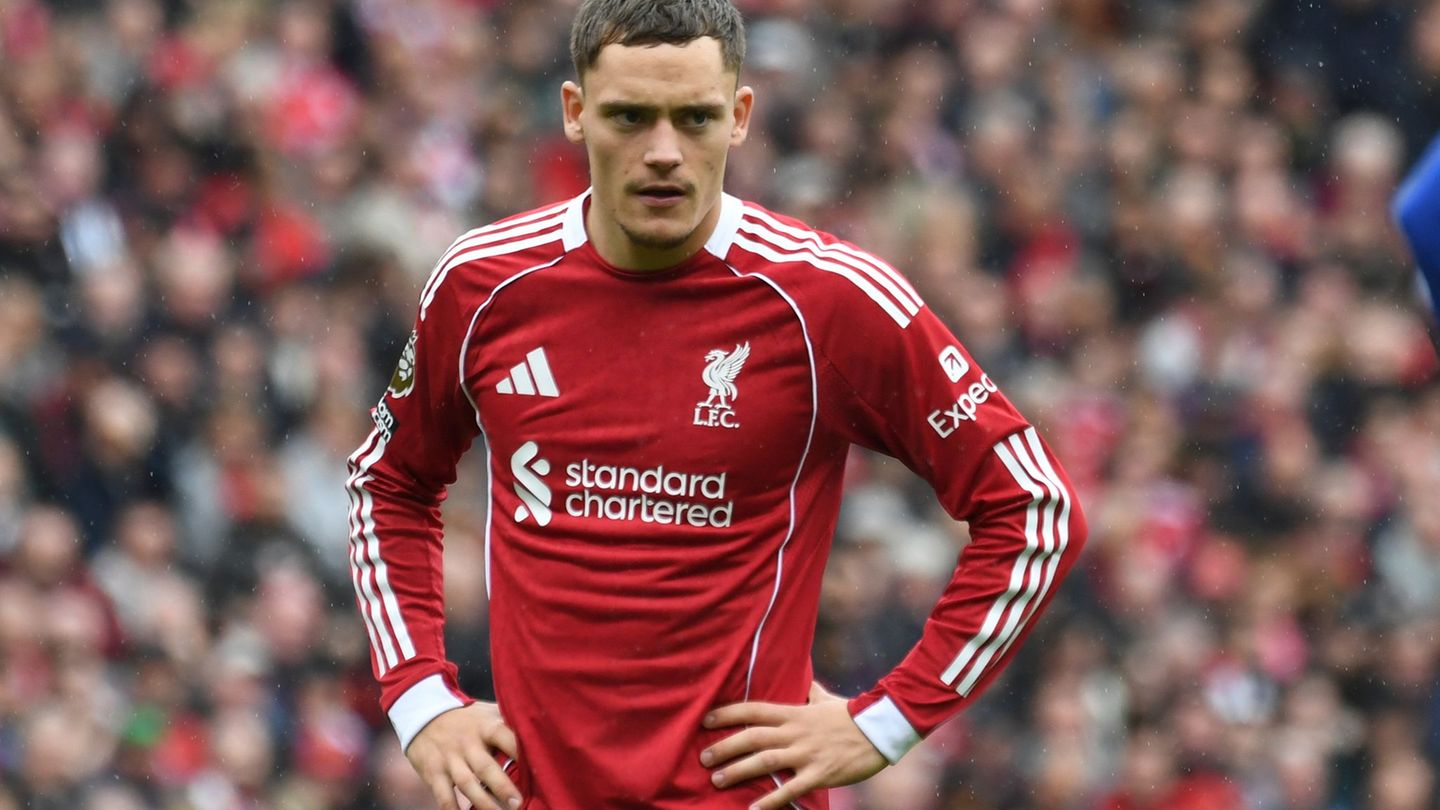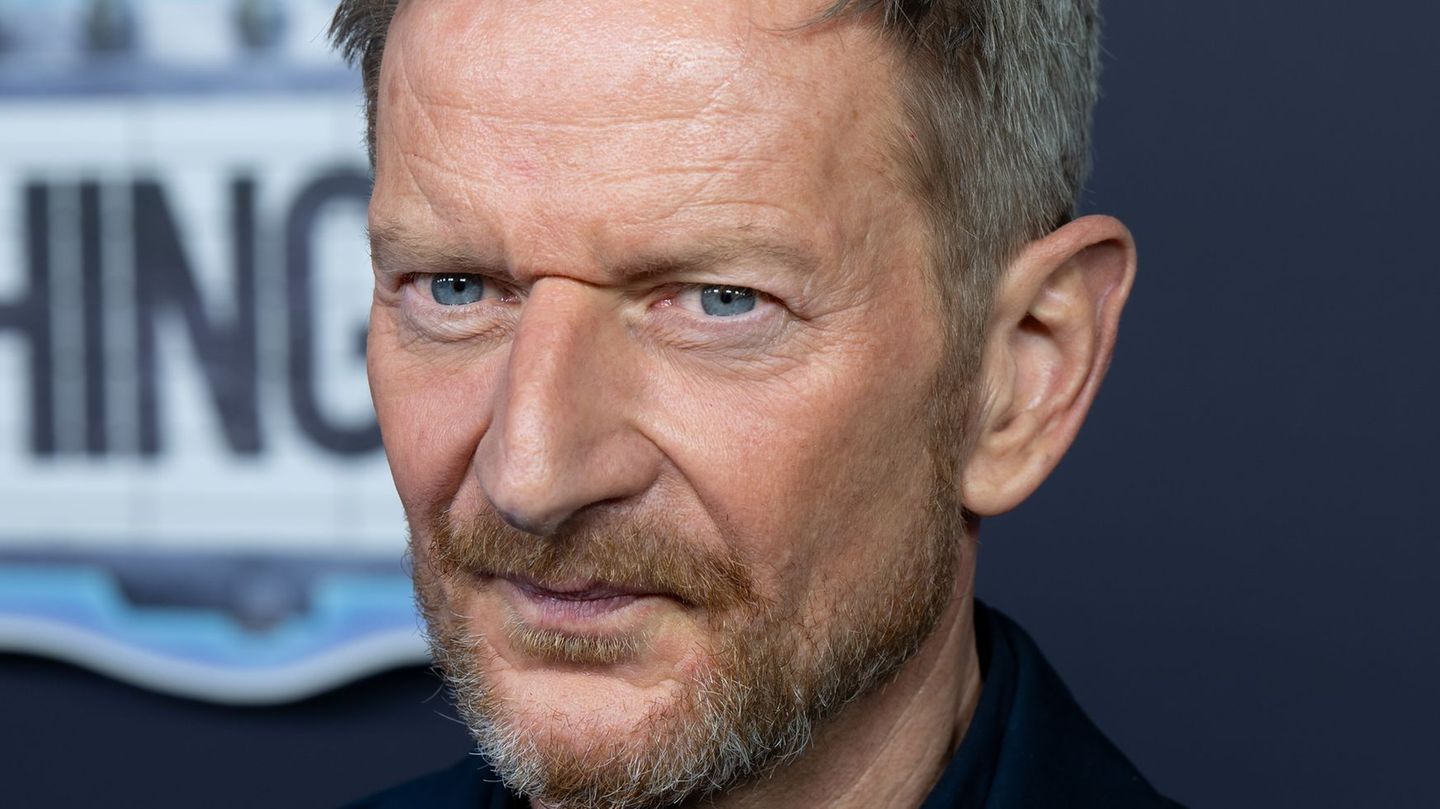They left Donetsk by car, an eyewitness said. There was no official confirmation. Russia expressed concern. “These decisions can only seriously worry us,” said Russian foreign ministry spokeswoman Maria Zakharova.
The Organization for Security and Co-operation in Europe (OSCE) has informed its members, including Russia, about the decision of several countries “to relocate their citizens involved in the special observation mission in Ukraine ‘due to the deterioration of the security situation,'” Zakharova said. She called on the OSCE to “resolutely stop attempts to manipulate the mission.” It was unclear which countries were involved. According to the army, Austria is currently involved in the SMM with an observer.
Intensive attempts to defuse conflict
US President Joe Biden and French President Emmanuel Macron had consecutive phone calls with Russian President Vladimir Putin on Saturday. They tried again to avert an escalation in the conflict over Ukraine. Biden warned Putin against an invasion and once again threatened serious consequences. Putin, in turn, criticized the attitude of the West.
US Secretary of State Antony Blinken told journalists in Honolulu on Saturday that the high and imminent threat of Russian military action in Ukraine justified the withdrawal of most US embassy staff in Kiev. The Foreign Ministry had previously announced the withdrawal. The Organization for Security and Co-operation in Europe (OSCE) observer mission in eastern Ukraine was also affected by the US call to leave Ukraine. Blinken spoke after meeting his counterparts from Japan and South Korea. He reiterated that the way to a diplomatic solution to the crisis is still open. Moscow must defuse the situation instead of exacerbating it.
Hundreds of international OSCE observers have been stationed in Ukraine since March 2014. They are supposed to monitor the ceasefire agreed between pro-Russian separatists and Ukrainian soldiers, especially in eastern Ukraine.
German expert: large-scale attack by Russia “conceivable”
The German secret service expert and CDU member of parliament Roderich Kiesewetter thinks that a large-scale attack by Russia on Ukraine this month is conceivable. From a “military and geostrategic point of view,” Russia had a window in February “to intervene militarily in Ukraine” or, from the point of view of Kremlin chief Vladimir Putin, “to occupy certain geostrategically important parts such as the Mariupol region,” Kiesewetter told the Düsseldorfer “Handelsblatt ” (Sunday). “February will decide whether Russia’s war, which has so far been primarily hybrid, will also become conventional,” emphasized Kiesewetter.
In particular, he referred to the Belarusian-Russian military maneuvers in the border area with Ukraine, which ran until February 20. It was “the biggest maneuver since the collapse of the Soviet Union,” said the CDU politician.
From German government circles it was announced on Sunday that the current situation was assessed as “extremely dangerous”. Assessments by US intelligence services that a Russian attack could be imminent in the coming days have also increased fears of a military escalation in Berlin. At the same time, it was reassuringly said: “We would not say that this is the last attempt to avert war.” German Vice Chancellor Robert Habeck described the situation as “absolutely depressing and threatening”. “It may be that we are on the verge of a war in Europe,” he told RTL/ntv and again spoke out in favor of arms deliveries to Ukraine.
Steinmeier appealed to Putin
German President Frank-Walter Steinmeier, who was re-elected on Sunday, also said: “We are in the midst of a military conflict, a war in Eastern Europe.” One cannot misunderstand the Russian troop deployment, he emphasized. “I appeal to President Putin: Untie the noose around Ukraine’s neck! And join us in finding a path that preserves peace in Europe. I can only warn President Putin: Do not underestimate the power of democracy.”
Before German Chancellor Olaf Scholz travels to Kiev, Berlin promises Ukraine further armaments aid – below the threshold of lethal weapons. On the wish list for military equipment presented by Ukraine there is “one or the other (…) that you can take a closer look at,” according to German government circles on Sunday. That will now be checked. In addition to the political decision, it is also about the actual availability of this material, which is also used by the Bundeswehr itself. No confirmation is to be expected during the Chancellor’s inaugural visit to Kiev on Monday.
The situation is different with further economic aid, which is also being demanded by Ukraine. In the government circles it was indicated that there could be concrete commitments at this point on Monday. However, details have not yet been given. Since 2014, Germany has already made almost two billion euros available for Ukraine. Berlin has clearly rejected the delivery of lethal weapons to Ukraine. But the no does not apply to other armaments.
According to information from government circles, Scholz will underline the determination of the West in the event of a Russian attack on Ukraine during his trips to Ukraine and Russia. The inaugural visit to Russian President Putin on Tuesday also serves to make him understand the seriousness of the situation, said a German government official on Sunday in Berlin. “The unity of the EU, the US and Great Britain should not be underestimated,” he added, referring to the severe sanctions that are being targeted. But Scholz also wants to offer Putin a dialogue and learn more about Russian security needs. Concrete results of the conversation were not expected.
In the debate about the future of Ukraine, the German government, like French President Macron, rejects a “Finlandization” of the country – i.e. neutrality, according to government circles. They are also opposed to NATO imposing an accession moratorium. Russia demands that NATO rule out Ukraine membership.
Despite the tensions with Russia, Ukraine currently sees no reason to close its airspace. Mykhailo Podoliak, an adviser to the president’s chief of staff, called such a notion “nonsense.” If airlines change their flight plans, this has nothing to do with decisions of the Ukrainian state. It reminds him of a “partial blockade”. The Dutch airline KLM announced on Saturday that it would discontinue its flight connections to Ukraine with immediate effect.
Source: Nachrichten




